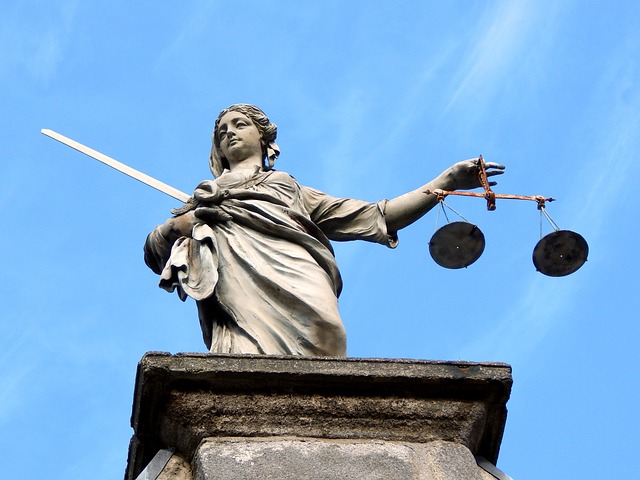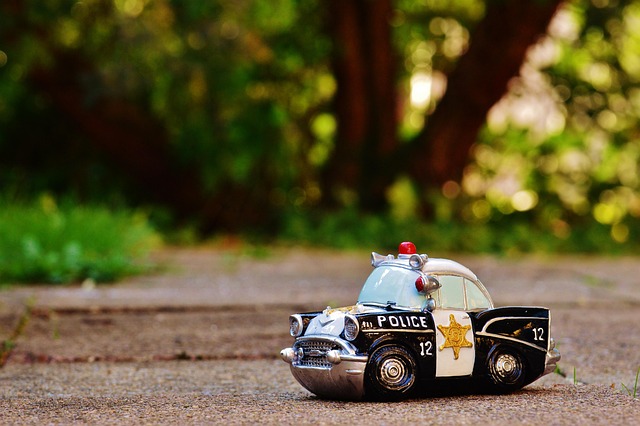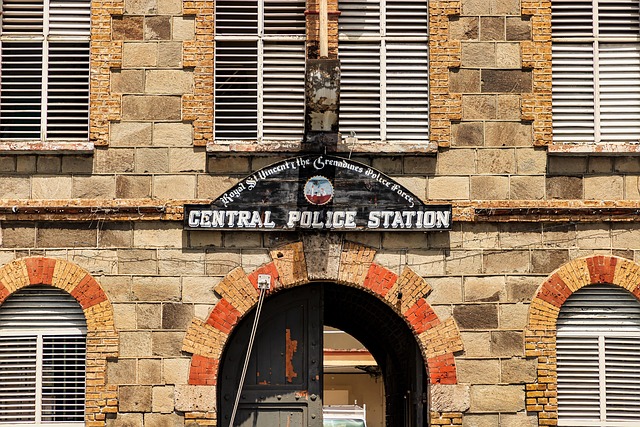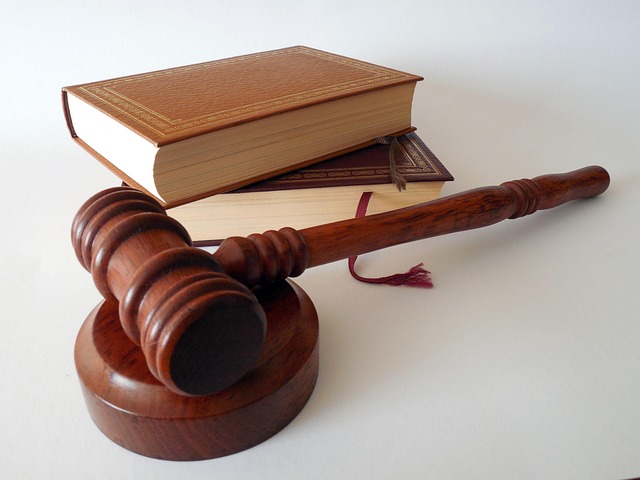Environmental Crime Trials specialize in addressing complex environmental harm cases, especially those with joint property ownership conflicts. Effective strategies involve thorough investigations, strategic arguments, and meticulous fact-finding by lawyers. By integrating community engagement and restorative justice, legal teams resolve disputes, ensure fairness, and promote environmental stewardship. These trials leverage legal frameworks to compensate victims, enforce regulations, and deter future crimes, ultimately achieving environmental justice through strategic resolution of joint property conflicts.
“Environmental Crime Trials: Unraveling Legal Complexities and Pursuing Justice
This article explores the intricate world of environmental crime trials, focusing on their legal implications. We delve into ‘Understanding Environmental Crime Trials’ from a legal perspective, examining how these cases navigate unique challenges. Furthermore, we explore ‘Joint Property Ownership’ disputes, a common yet complex aspect with significant environmental justice implications. Through successful case studies, we uncover strategies for resolving conflicts related to shared property. Additionally, we gaze towards the future of environmental litigation, considering its role in promoting justice and accountability.”
- Understanding Environmental Crime Trials: A Legal Perspective
- Joint Property Ownership: Complexities and Disputes Arising
- Case Studies: Successful Strategies in Resolving Conflicts
- The Future of Environmental Justice through Litigation
Understanding Environmental Crime Trials: A Legal Perspective

Environmental Crime Trials are legal proceedings designed to address and penalize actions that cause significant harm to the environment. These trials often involve complex issues, particularly when resolving joint property ownership conflicts. In such cases, understanding the legal framework is paramount. The process aims to balance accountability with fairness, ensuring that corporate and individual clients face just consequences for their roles in environmental transgressions.
Successful outcomes, including winning challenging defense verdicts, hinge on meticulous investigation and strategic argumentation. Lawyers play a crucial role in navigating these trials, advocating for their clients while upholding the integrity of the legal system. By focusing on fact-finding, interpreting applicable laws, and presenting compelling evidence, legal professionals can help avoid indictment and foster resolutions that not only satisfy justice but also promote environmental stewardship.
Joint Property Ownership: Complexities and Disputes Arising

In cases of environmental crime trials, joint property ownership can introduce complex legal issues. When multiple individuals or entities share ownership of a property, establishing liability becomes intricate. This is particularly true in white-collar defense strategies where avoiding indictment is a primary concern. Resolving Joint Property Ownership Conflicts requires meticulous attention to detail and a deep understanding of the respective business operations and legal frameworks.
Disputes often arise when one owner believes that another is responsible for environmental damages or has mishandled cleanup efforts, leading to cost overruns and delays. These conflicts can further complicate matters if criminal investigations are ongoing. Strategizing to mitigate potential charges while navigating these disputes demands a nuanced approach. Effective communication, detailed documentation, and transparent record-keeping are essential tools in avoiding indictment and ensuring fair resolution for all parties involved.
Case Studies: Successful Strategies in Resolving Conflicts
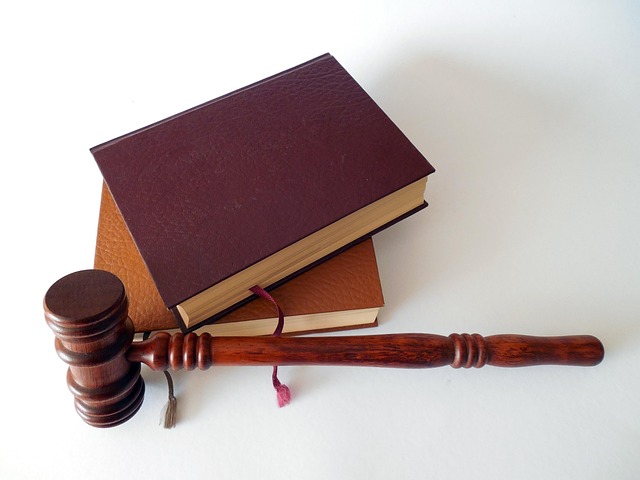
In addressing environmental crime trials, case studies highlighting successful strategies are instrumental in resolving complex conflicts. One notable area is the navigation of resolving joint property ownership conflicts where multiple parties claim rights to a single resource or land. Legal teams have employed innovative approaches, leveraging community engagement and restorative justice principles, to achieve mutually agreeable solutions. These strategies not only ensure fairness but also foster cooperation among stakeholders, which is crucial in environmentally sensitive cases often seen across the country.
High-stakes cases requiring meticulous handling have benefited from an unprecedented track record of success through these methods. By examining past cases, legal experts can uncover effective tactics that balance environmental protection with equitable distribution of resources. This knowledge ensures that strategies are not only legally sound but also aligned with community needs and aspirations, marking a significant step forward in the fight against environmental crimes.
The Future of Environmental Justice through Litigation
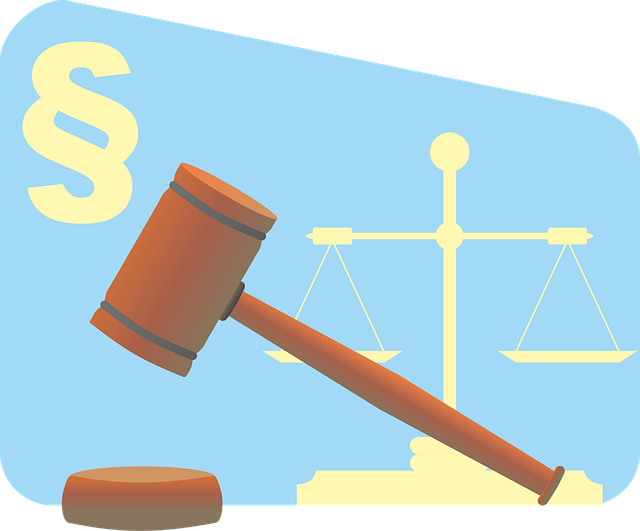
The future of environmental justice lies in the hands of litigation, as legal strategies become increasingly vital in addressing ecological issues. Environmental Crime Trials play a pivotal role in holding perpetrators accountable and ensuring justice for harmed communities. By leveraging legal frameworks, these trials can resolve complex conflicts, particularly those involving joint property ownership, where multiple parties hold stakes in a contaminated site or ecosystem. This is crucial in situations where corporate and individual clients may have contributed to environmental degradation through negligence or intentional acts.
As the fight against white-collar and economic crimes intensifies, litigation provides a powerful tool for justice. High-stakes cases often involve intricate financial schemes and extensive damage to natural resources, requiring meticulous legal navigations. Through strategic court proceedings, it becomes possible to enforce regulations, compensate affected communities, and deter future environmental transgressions, fostering a more sustainable and equitable future.
Environmental Crime Trials play a pivotal role in upholding ecological balance and justice. By examining case studies and successful strategies, we’ve seen that resolving joint property ownership conflicts is key to navigating these complex legal issues. As the fight for environmental justice continues, litigation remains a powerful tool to hold perpetrators accountable and protect our planet’s future. Through understanding these trials from a legal perspective and addressing disputes arising from shared property, we can foster a more sustainable and equitable world.

